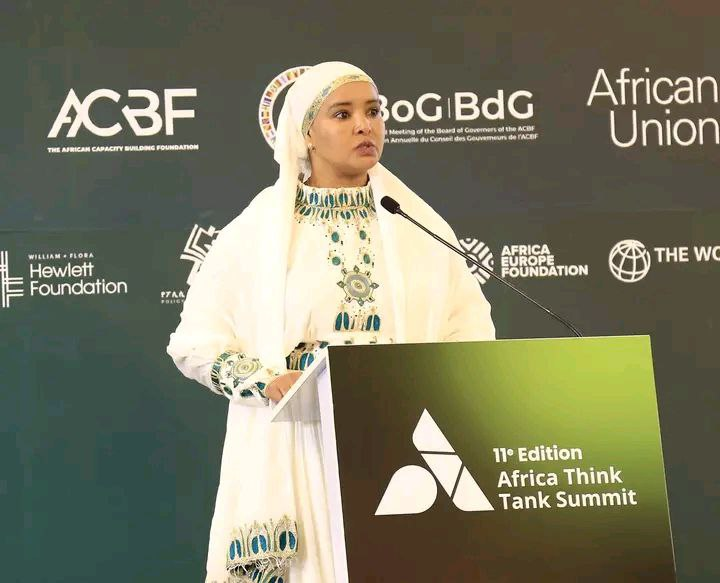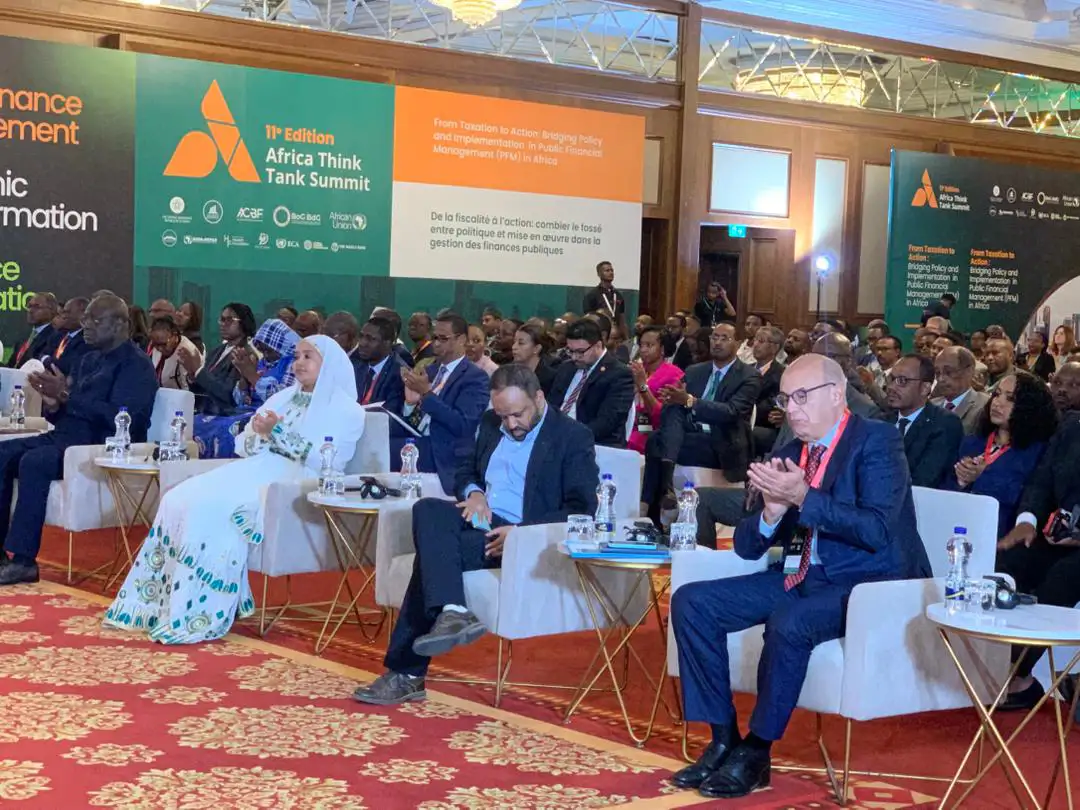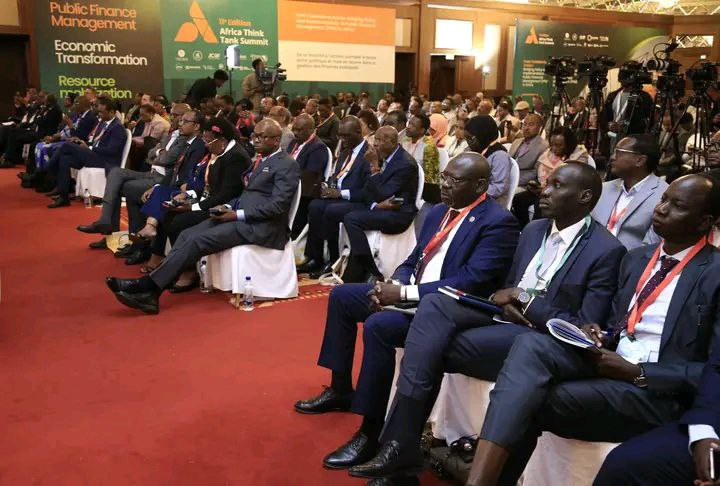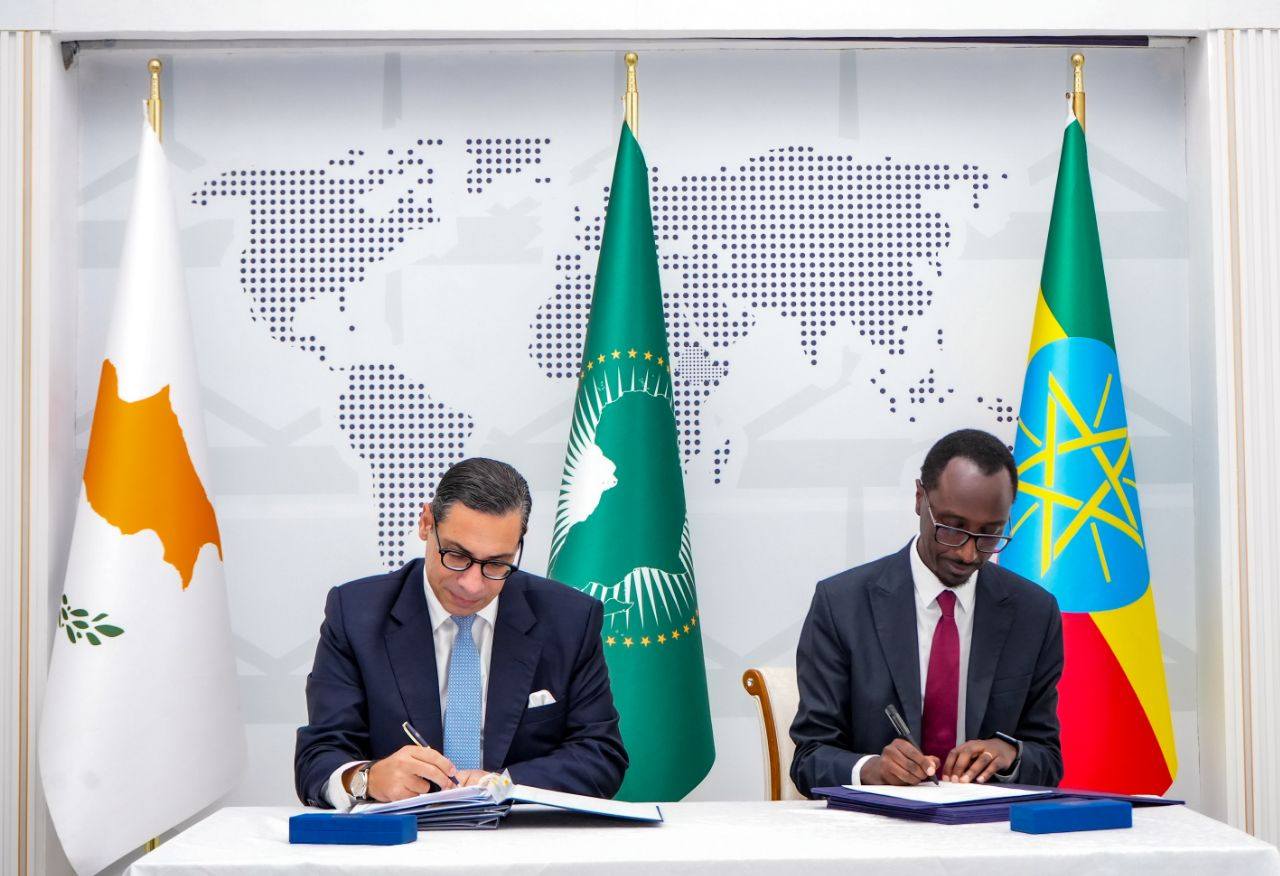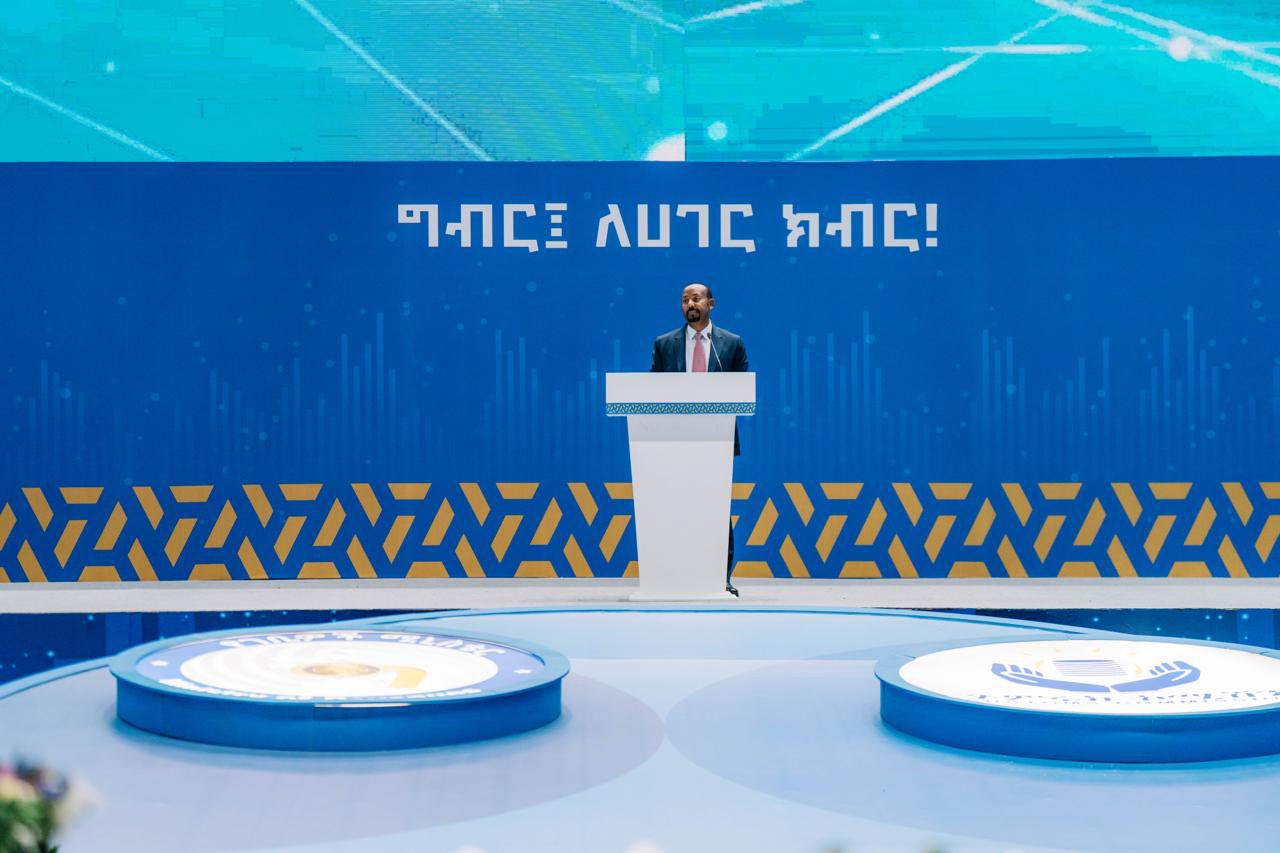Minister Stresses Key Role of Execution in Africa's Tax Overhaul

The Importance of Implementation in Public Financial Management
In Addis Ababa on October 8, 2025, the Revenues Minister Aynalem Nigussie emphasized that while developing policies and ambitious reforms in taxation and public financial management (PFM) is crucial, it is not enough on its own. She pointed out that the real impact of these initiatives depends on effective implementation, institutional capacity, and sustained political commitment across the African continent.
During the opening of the 11th Africa Think Tank Summit, the minister highlighted that experience has consistently shown that policy alone is insufficient. According to her, what Africa needs today is not only policy action but also the right implementation measures to ensure that reforms translate into tangible outcomes.
By addressing the disconnection between policy commitment and practical implementation, Africa can strengthen its economic governance, enhance public trust in institutions, and develop a strong and competent public financial management system.
Aynalem further stressed that effective domestic revenue mobilization is essential for African nations to sustainably invest in essential social services and productive sectors such as transport, energy, agriculture, and digital innovation. These sectors are key drivers of inclusive growth and long-term transformation.
She noted that robust public financial management and domestic resource mobilization are pillars of economic sovereignty. Additionally, she emphasized the importance of moving decisively from policy to action and from dependency to self-reliance.
Ethiopia’s Strategic Investments in Public Financial Management
The Revenues Minister mentioned that Ethiopia has made sustained and strategic investments in strengthening its public financial management system over several years. This effort reflects a commitment to building a more resilient and efficient fiscal framework.
Mamadou Biteye, Executive Secretary of the African Capacity Building Foundation (ACBF), echoed similar sentiments. He pointed out that the gap between policy targets and actual outcomes highlights the challenges of implementation. Strengthening citizen trust, improving service delivery, and enhancing administrative capacity are as critical as legal and policy frameworks or policy reforms, he said.
Biteye further noted that domestic resource mobilization is not just an economic necessity but also a matter of sovereignty, dignity, and freedom. Therefore, there is a pressing need to monitor implementation policies and ensure that reforms deliver results on the ground.
Think Tanks as Catalysts for Change
Zadig Abraha, President of the African Leadership Excellence Academy, stated that the role of think tanks is truly manifested where data becomes direction, where research becomes resolved, and where thought becomes transformation. This perspective underscores the importance of think tanks in driving meaningful change through evidence-based solutions.
The three-day summit, held under the theme “From Taxation to Action: Bridging Policy and Implementation in Public Financial Management in Africa,” aims to exchange insights on closing the gap between policy and implementation in PFM. It will also explore cutting-edge issues, including:
- Digital taxation
- Debt sustainability
- Gender-responsive budgeting
- Citizen engagement
These topics reflect the evolving landscape of public financial management and the need for innovative approaches to address contemporary challenges.
